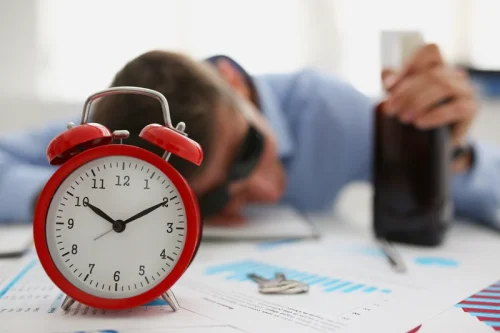Drinking Alcohol with Chronic Kidney Disease

However, more research is needed into the link between alcohol use and kidney injury. Third, in most studies, patients’ alcohol consumption data were obtained by a fixed self-administered questionnaire, and this method lacks quantitative measurement. This self-report is susceptible to under-reporting and underestimates the patients’ alcohol consumption 12,13,117. This leads to dehydration, especially when you drink alcohol in excess.
Kidney Structure and Function.
These changes in fluid volume, electrolyte balance, and blood pressure may have stimulated the activity of hormones to return body fluid volume and composition back to normal, which occurred soon after consumption. Clinical studies of hypertensive patients have demonstrated that reducing alcohol intake lowers blood pressure and resuming consumption raises it. Although the mechanisms responsible for these effects have not been established, an experimental study by Chan and Sutter (1983) offers some insight. That said, epidemiological data have yet to confirm a relationship between alcohol consumption and chronic kidney how alcohol affects the kidneys disease. A recent meta-analysis (Cheungpasitporn et al. 2015) found little support for such a relationship. Their analysis included 20 studies representing a total of 292,431 patients.

Acute kidney injury
One example of an alcohol-related acid-base disturbance already has been mentioned in relation to low levels of phosphate (i.e., respiratory alkalosis resulting from hyperventilation during alcohol withdrawal). Other acid-base disturbances are possible as a result of excessive alcohol consumption. These disturbances increase the kidneys’ workload in restoring acid-base balance through formation of an acidic or basic (i.e., alkaline) urine. For instance, the opposite of respiratory alkalosis can occur when a person becomes extremely intoxicated. Because alcohol is a central nervous system depressant, it may slow the rate of breathing as well as reduce the brain’s respiratory center’s sensitivity to carbon dioxide levels.

Alcohol Consumption Can be a “Double-Edged Sword” for Chronic Kidney Disease Patients
- Ask your healthcare provider if it is safe for you to drink, especially if you have a medical condition or take medicines that might be affected by using alcohol.
- In addition to causing dehydration, alcohol increases blood pressure by causing blood vessels to constrict.
- Binge drinking is drinking more than four or five drinks at one time.
- If you have kidney disease that leads to kidney failure, you will need regular dialysis or a kidney transplant.
- WebMD also recommends getting tested regularly, especially if you have a higher chance of developing kidney disease than the general population.
- Alkalosis was present in 71 percent of patients with established liver disease in 11 studies, and respiratory alkalosis was the most common disturbance in 7 of the studies (Oster and Perez 1996).
On the other hand, a 2015 article showed moderate drinking somewhat reduced the risk of kidney stones forming. Having more than one drink a day could also increase the risk for high blood pressure in those with diabetes. It is similar to how alcohol affects sodium and potassium levels.
- A high alcohol intake may also increase the risk of other problems that can hurt the kidneys, such as a urinary tract infection, high blood pressure, and long-term kidney damage.
- Without adequate blood flow, the kidneys struggle to remove waste products and excess fluid from the blood.
- According to the United Kingdom’s National Health Service (NHS), a person should consult a doctor if they experience symptoms consistent with kidney disease.
Acid-Base Balance Effects

The characteristics of the study design and other details of these studies are presented in Table 1. Some studies found that ethanol has an influence on renal damage, such as apoptosis and epithelial mesenchymal transdifferentiation. Nesreen and Sayed discovered that alcohol consumption significantly increased renal caspase3, caspase8, and caspase9 activity, and ethanol toxicity can increase the ratios of Bax and Bcl-2 in kidney tissues compared https://ecosoberhouse.com/ to a control group 24,25. This indicates that long-term ethyl alcohol consumption can activate both intrinsic and extrinsic pathways of apoptosis in the kidneys (Figure 1). However, other studies found that long-term alcohol consumption aggravates renal fibrosis, which may be related to epithelial mesenchymal transdifferentiation and fibrosis induced by ethanol 33,47,56.

Also, alcohol does not appear to make kidney disease worse or make it more likely that someone with kidney disease will need dialysis. Similarly, there’s minimal evidence to suggest that alcohol increases the risk of kidney stones or kidney infections. Drinking heavily can increase the risk of high blood pressure and Type 2 diabetes, for example. Both of those conditions are the most common causes of chronic kidney disease in the United States. Second, the proteinuria detection and diagnosis of CKD can also affect the credibility of the conclusion. In most studies, proteinuria was detected by a single measurement using a dipstick test.
